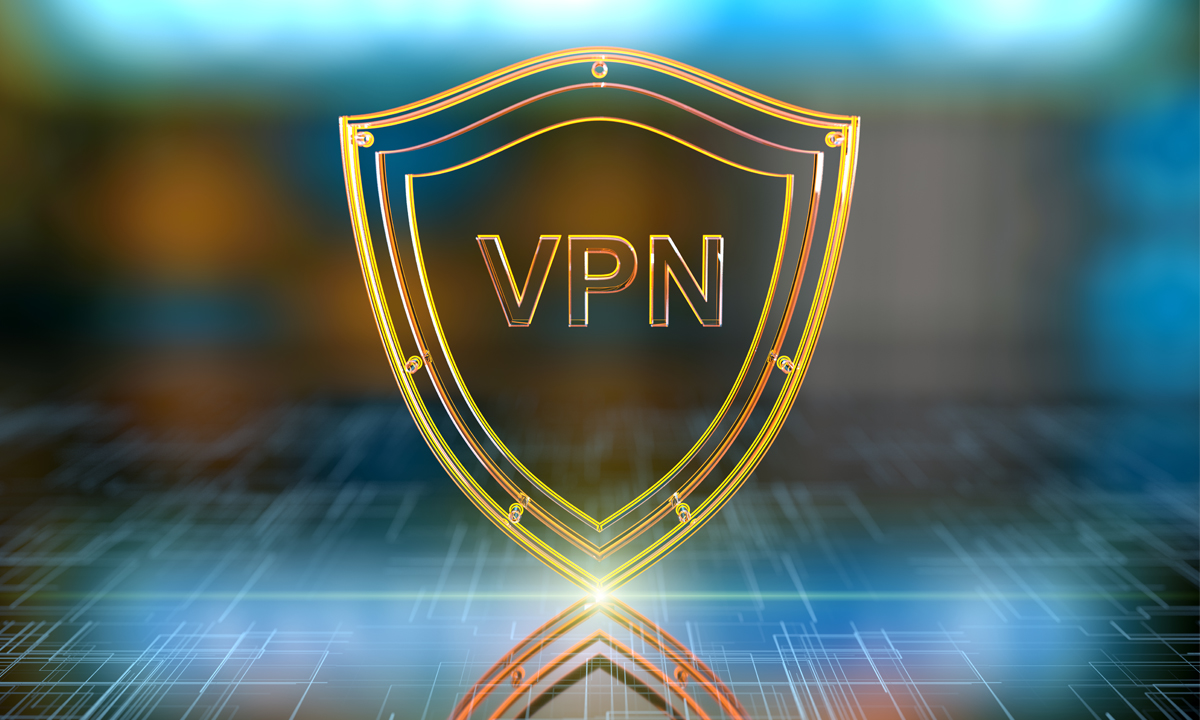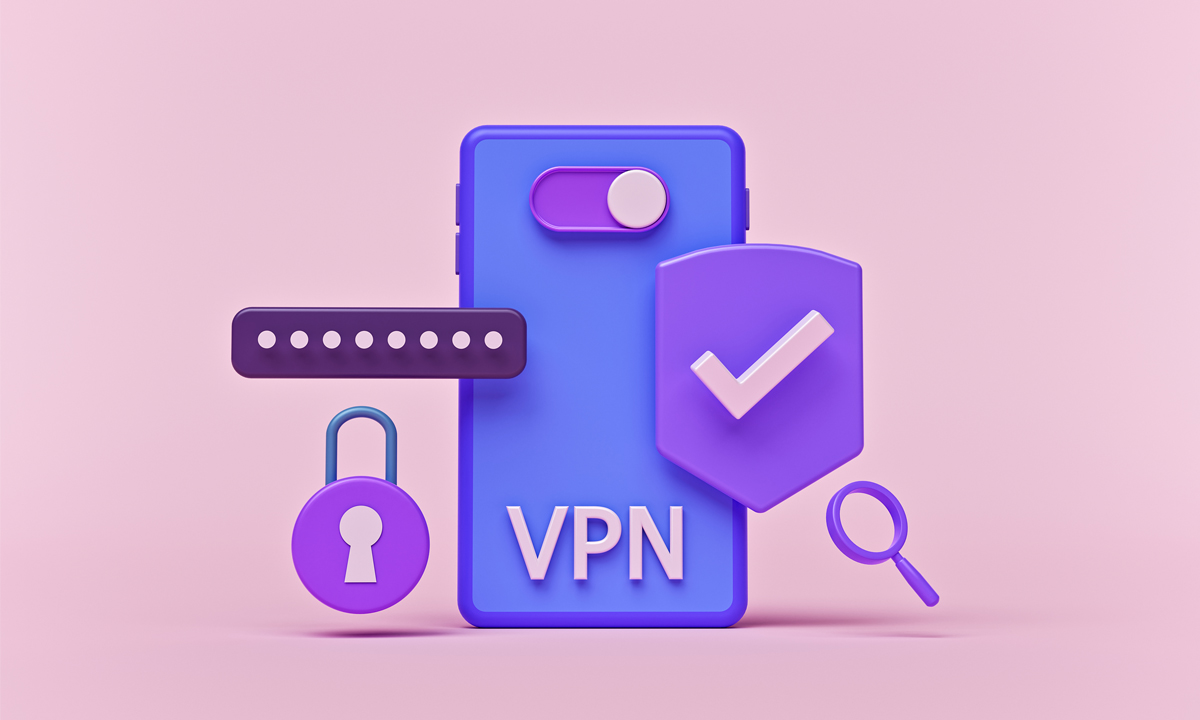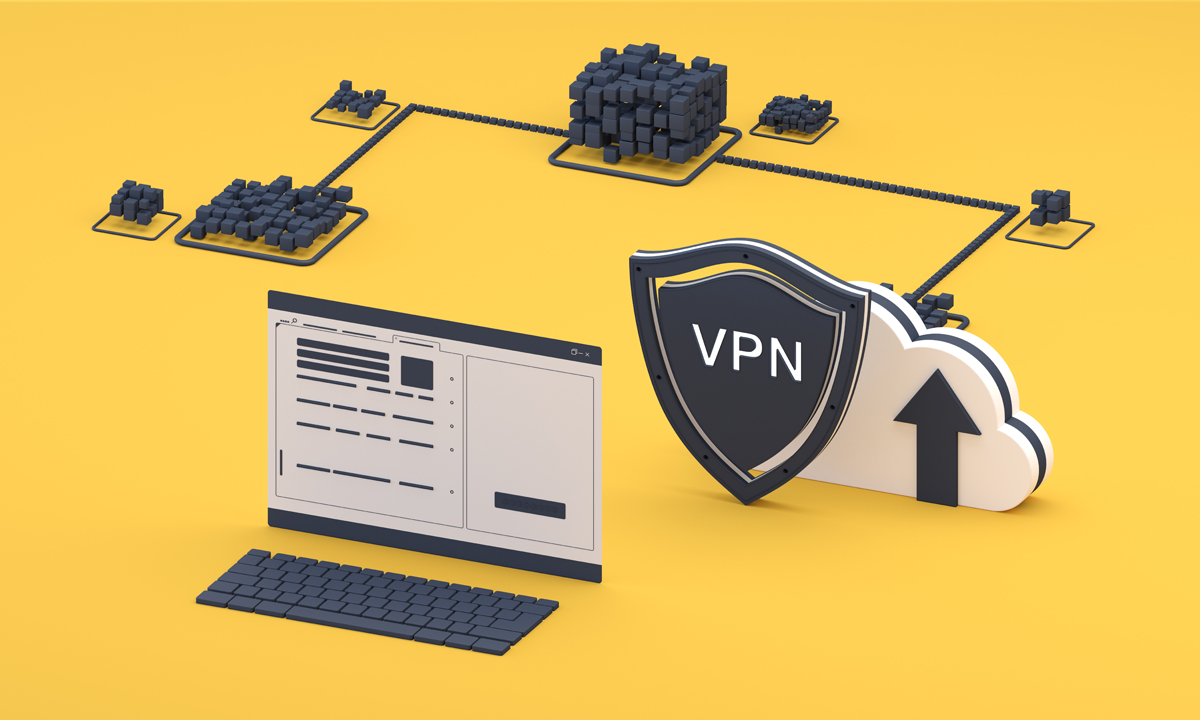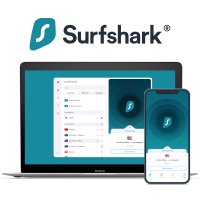Does a VPN slow down your internet connection?
It's every potential VPN user's biggest worry – but is it true?

Your sock falling down inside your shoe, missing your bus and slow internet connection – all some of the most annoying things on the planet. If your Wi-Fi has been slowed to a crawl, it's basically impossible to watch videos, work, or even send messages to your friends and family.
It makes sense, then, that one of the top concerns when choosing a VPN (even if it is one of the best VPN services) is whether or not it will slow down your internet connection. Plus, if it does, just how much will your internet be slowed down?
Here, I'll explain how and why VPNs can slow down your internet connection. I'll also be using the 3000+ hours of hands-on VPN testing experience clocked in by the Tom's Guide team to give you a realistic idea of how much (if at all) of an impact the top VPN providers will have on your internet speed.
The fastest VPN I've tested: Surfshark
Surfshark is the fastest VPN I've ever tested, bar none. Its speeds in both WireGuard and OpenVPN speeds are excellent, and you can get connected super easily thanks to its simple apps. On top of this, it's got great unblocking power, as well as some great privacy features. Prices start from just $1.99 per month for a two-year subscription, plus you'll also get a 30-day money-back guarantee to make sure it works well for you.
Can VPNs slow down your internet connection?
In short, yes, they can – but it's rare these days.
Let's start with the basics. A VPN routes your traffic through its own servers – essentially becoming a middleman between you and the website you want to visit. It adds extra physical distance for your internet traffic to travel – which is what can cause a higher ping.
Ping is the delay between you taking an action and that action happening, and while a very high ping will be annoying in any situation, a very low ping is only essential if you’re doing something like gaming, which requires your reactions to be as fast as possible. 100 milliseconds is perfectly acceptable day-to-day, and by selecting a server geographically near your current location, you can avoid any substantial ping increase.
A VPN also encrypts your data, making it unreadable to anyone who may manage to intercept it – be that a hacker or simply your ISP. This is the step that may contribute to lower upload and download speeds, since it takes to time encrypt and decrypt data. Low download speeds contribute to having a ‘slow connection’ – pages will load slowly, videos will buffer endlessly, and you’ll basically just be having a crummy time.
Sign up to get the BEST of Tom's Guide direct to your inbox.
Get instant access to breaking news, the hottest reviews, great deals and helpful tips.
Finally, VPN servers have a finite throughput. That means that if a lot of people are using an individual server, speeds can be slower if the server’s not up to task. Many providers are upgrading to 10Gbps or even 20Gbps servers now, meaning that overcrowded servers are largely a thing of the past when it comes to the biggest and best providers.
So, a poorly optimized VPN can definitely have an effect on your internet speeds, but in recent years advances in encryption tech have meant that the impact has become negligible – we’ll get onto the numbers to back this up very shortly.

How have VPNs got faster?
Nowadays, it's rare for a quality VPN to tank your internet connection – and there are a few key reasons why. For a start, VPN apps tend to be small, efficient packages that put a minimum of load on your device.
More importantly, though, VPN protocols have advanced. VPN protocols are how a VPN encrypts your data and sends it to its destination – there’s more to it than that, so check out our what is a VPN? guide to learn more.
Up until a few years ago, the dominant VPN protocol was OpenVPN. OpenVPN replaced a number of older, less secure protocols, and is still widely regarded as safe, secure, and reliable. However, as a piece of code it’s quite large and carries many updates and modifications, and connection speed was never a priority in its original design. Different VPNs often delivered wildly different speeds when using the same protocol, and years ago it was definitely true that a VPN slowed down your connection.
However, new protocols like WireGuard and proprietary tech like ExpressVPN’s Lightway are becoming the go-to protocols, and have been designed from the ground up to deliver great speeds as well as excellent privacy. These handy tools give smaller VPNs (not known for their speed) the chance to go toe-to-toe with the big dogs if they've implemented WireGuard efficiently.
Which VPNs are the fastest?
Which VPNs are the fastest?
There are a lot of wickedly fast VPNs available – but you don't have to take our rankings at face value. Part of our review process includes recording the connection speeds of each service, using a superfast 1 Gbps connection. So, if the speeds we record are faster than your home connection, you can rest assured that the VPN you've chosen won't grind your browsing to a halt.
Coming in at number one was best cheap VPN, Surfshark, as it maxed out our connection tests with speeds of over 950 Mbps in WireGuard, and 460 Mbps in OpenVPN.
Big-name NordVPN uses a modified version of WireGuard it calls NordLynx, and always earns a top spot in our speed rankings. It reliably delivered speeds of over 950 Mbps when using NordLynx, compared to around 173Mbps when using OpenVPN.
When testing ExpressVPN’s Lightway protocol, we also saw excellent results, with speeds of up to 898Mbps. Its OpenVPN speeds were ever so slightly better than Nord’s, reliably reaching over 176 Mbps.
ProtonVPN didn’t used to be much of a sprinter, but when using WireGuard it matched our top providers with speeds regularly topping out at over 950 Mbps. OpenVPN speeds were also impressive, with maximums of over 220 Mbps.
Even smaller VPNs can deliver excellent speeds when using WireGuard, though. In fact, one of the best free VPNs, PrivadoVPN Free, achieved speeds of over 950 Mbps.

Will a free VPN slow down your connection?
Unlike uncapped paid-for VPN, free services impose limitations on users – mostly in the hope that they'll upgrade to a paid plan to avoid them.
Alongside data limits, one of the most common restrictions is a speed limit. For example, Hotspot Shield's free version limits users to a very slow 2Mbps, which won't cope with much more than simple browsing of text-based websites. You won't be watching many 4K YouTube vids with that.
While it's probably the best free option out there, ProtonVPN's free plan also caps speeds, and while it's not quite a brutal as Hotspot Shield, you certainly won't be seeing speeds reach triple figures.
So, yes, free services are very likely to slow down your connection – but that's because the provider's chosen to cap speeds, rather than a limitation of the tech. If you're serious about maximizing your performance and want a service that can keep up, I'd suggest checking out a cheap VPN instead.
Does a VPN slow down your internet connection?
In the past, the answer to that would’ve been yes, but in today’s market, VPNs simply can’t afford to slow down connections. WireGuard has been instrumental in this, and even if you’re using a superfast connection of 1Gbps or more, if you pick the right provider you won’t have any issues.
Disclaimer
We test and review VPN services in the context of legal recreational uses. For example: 1. Accessing a service from another country (subject to the terms and conditions of that service). 2. Protecting your online security and strengthening your online privacy when abroad. We do not support or condone the illegal or malicious use of VPN services. Consuming pirated content that is paid-for is neither endorsed nor approved by Future Publishing.

Mo is VPN editor at Tom's Guide. Day-to-day he oversees guides on the best VPNs, privacy, and cybersecurity content, which includes making sure all his recommendations are up to date, accurate, and as useful for the reader as possible. He's a daily VPN user himself – typically NordVPN, but he enjoys a variety – and as a digital privacy advocate he believes that every step should be taken to protect yourself online.

